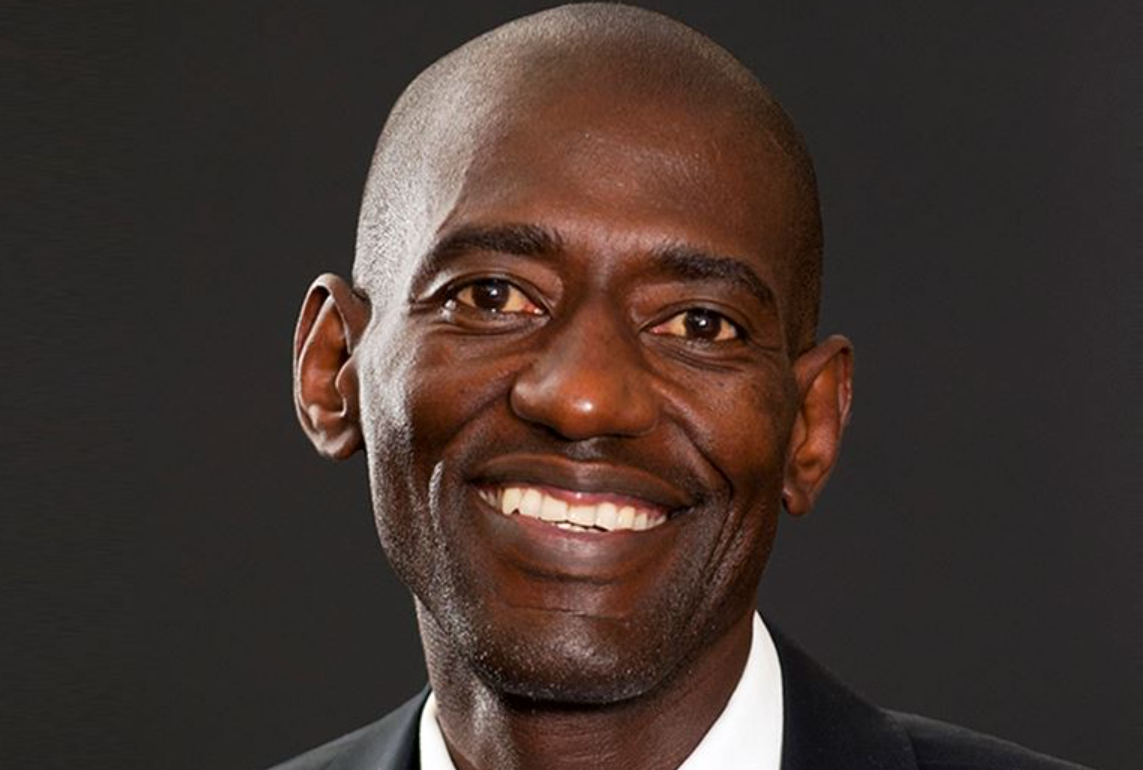Stanlib CEO: SA asset management faces two years of grind

Stanlib chief executive Derrick Msibi believes the South African asset management industry should be prepared for a tough environment over the medium term.
‘The industry, for the next two to three years, will face more headwinds than tailwinds,’ he said during a discussion with Association of Black Securities and Investment Professionals (Absip) president Polo Leteka-Radebe as part of Absip’s CEO roundtable series.
‘It will be a grind. If you do not have the stamina to keep grinding away, you’re more likely to give up. And by the time the industry turns and the opportunity comes back, you won’t be ready for it.’
The CEO made his comments in the context of the increase in the offshore limit to 45%, which is resulting in greater competition for local assets from rival international asset managers.
‘Many international parties will try to gain a foothold in South Africa,’ Msibi (pictured below) said.
‘If you were a chief executive of an asset management firm over the five years before the end of last year, you had a good run, which made you look like a hero. But now it’s testing all of us because markets are not running. Alpha is hard to come by. Flows are tepid and you must get out there and fight.’
This is not just an issue about transformation. It’s poor succession planning – period. If a company doesn’t have a game plan for succession in general, then transformation is a non-starter. They will never get it right.’
Msibi said Stanlib had significant assets under management in fixed income and that the fixed income team was probably the most transformed in the industry.
‘I’m not worried about the [Stanlib] fixed income. It’s an epitome of what I would like most of Stanlib to look like,’ he said.
However, Msibi pointed out that the transformation of Stanlib’s other investment teams could easily take five to six years to reach a point where the company would have someone who could lead one of them.
‘People can see those areas in Stanlib where we are lagging [on the transformation front], but we accept that. Don’t judge us now. Look at our three-year or five-year plan. If we look the same way in three years, then there is a problem.
‘I’m more willing to put my head on the block and say: “Judge us on the execution of the plan rather than what we look like right now.”’
Massive automation
On the impact of artificial intelligence (AI), Msibi said Stanlib was outsourcing many activities it considered non-core to its investment business.
‘Unfortunately, massive automation is taking place [that impacts people’s jobs]. A lot of those people will need to be reskilled. The skills you need to learn are those that a computer can’t do.’
These non-computer skills include the ability to see patterns and connect different ideas.
‘We must embrace AI because it will make our lives more interesting. There’s a lot of opportunity, and we should not be scared. Embrace the tools as they enable us to be much more productive.’
However, Msibi warned that some jobs would disappear due to AI advances. These include administrative functions that involve processing or jobs that companies could ship to places such as India or Poland, where people’s wages are cheaper.
‘Unfortunately, there will be a certain amount of carnage in some of those jobs.’
While investment teams face some AI disruption, he said it was other parts of the business that will most likely be impacted in the short term.
‘People working in the middle and back office are worried about their careers because, in those areas, changes are happening fast. In addition, almost every major asset manager is looking at how to become more efficient,’ Msibi said.

